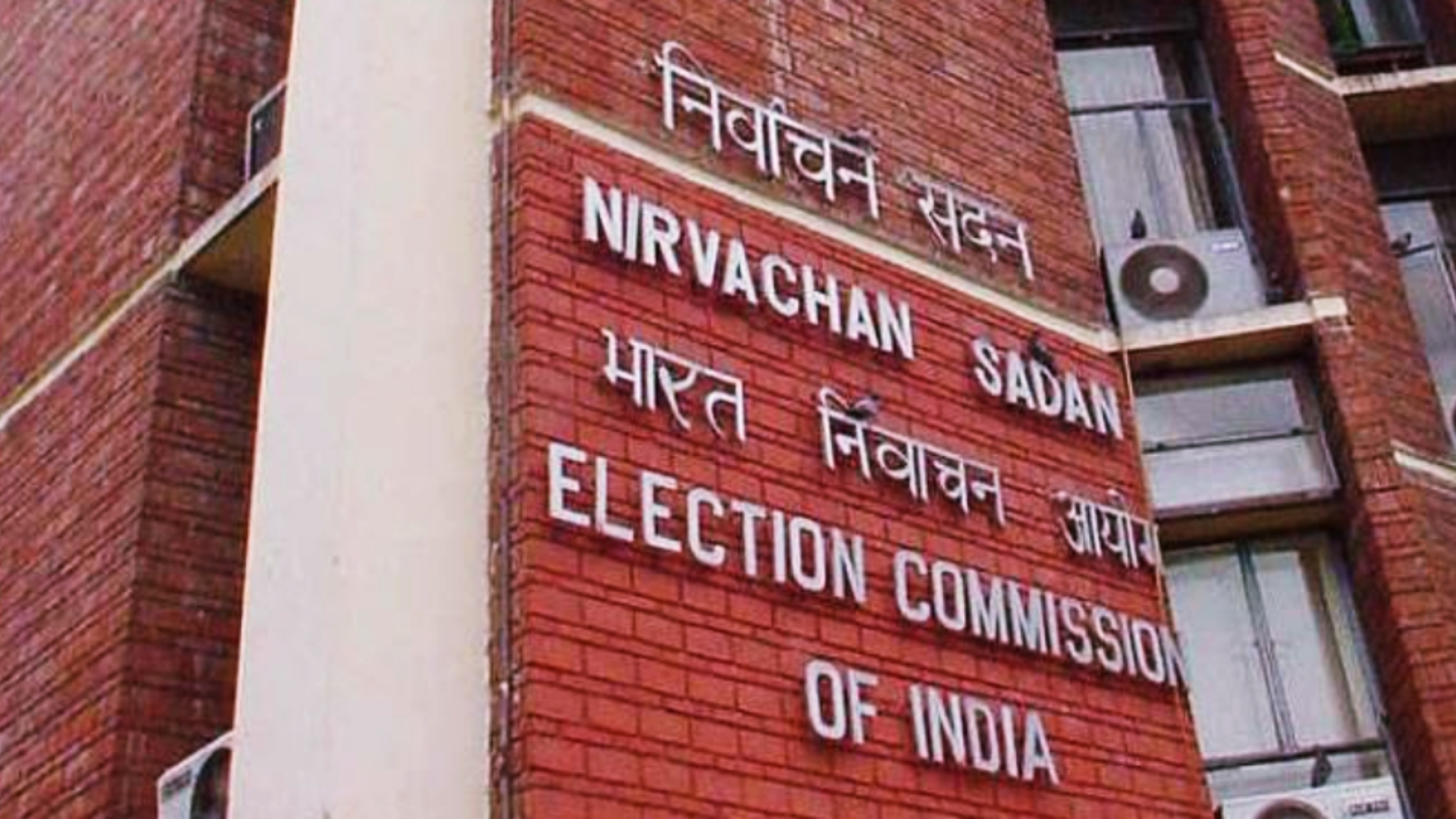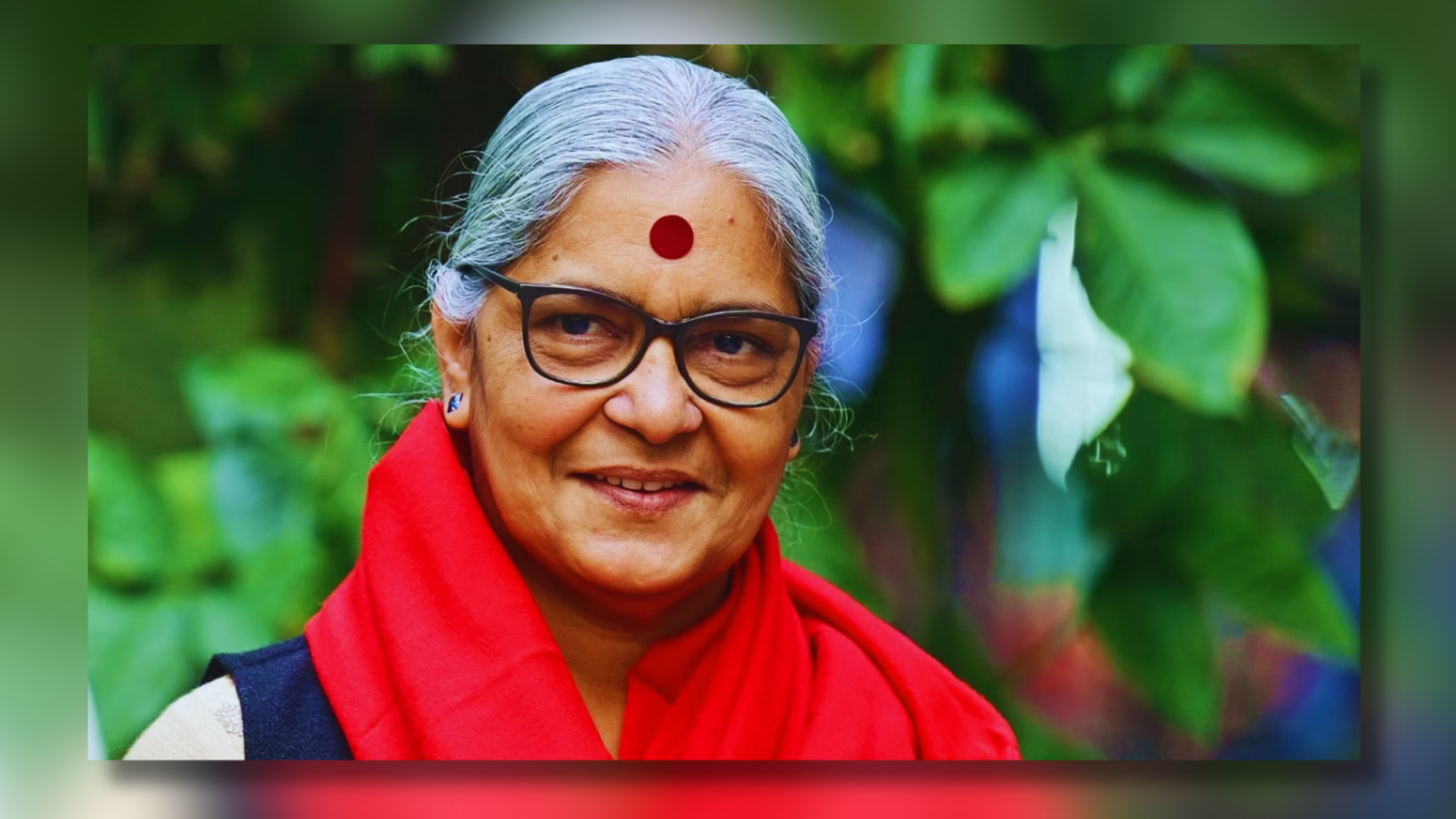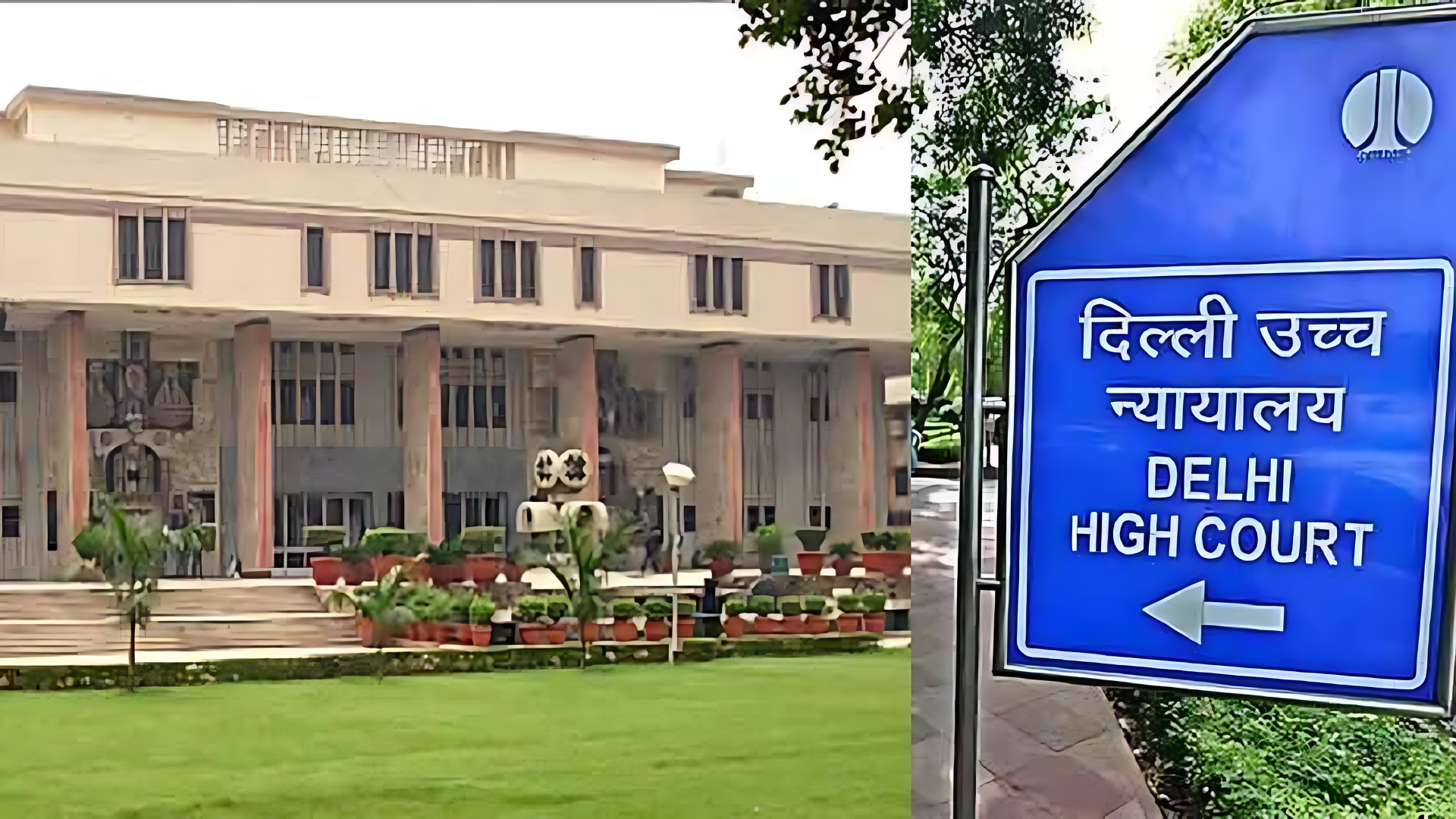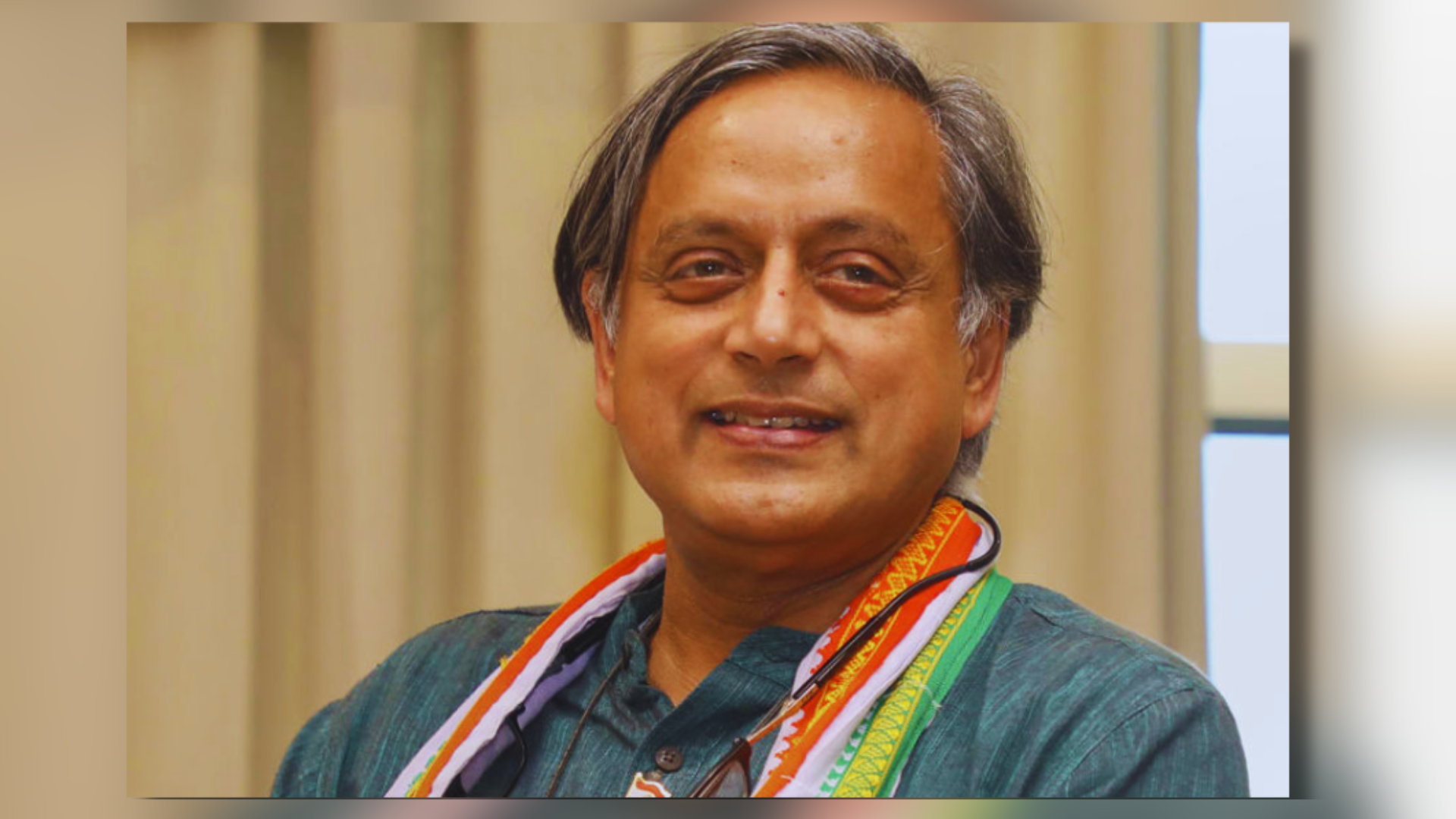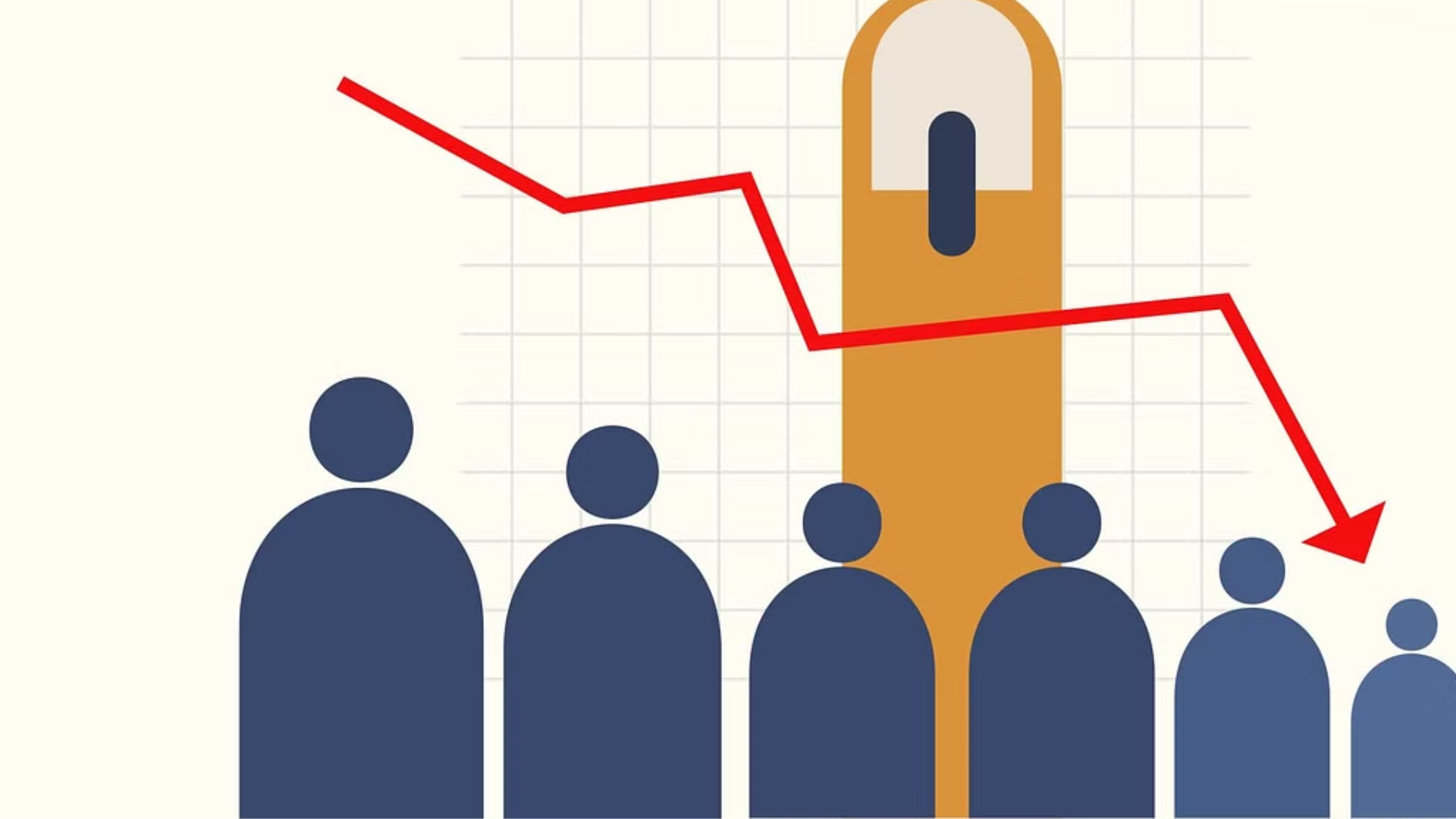



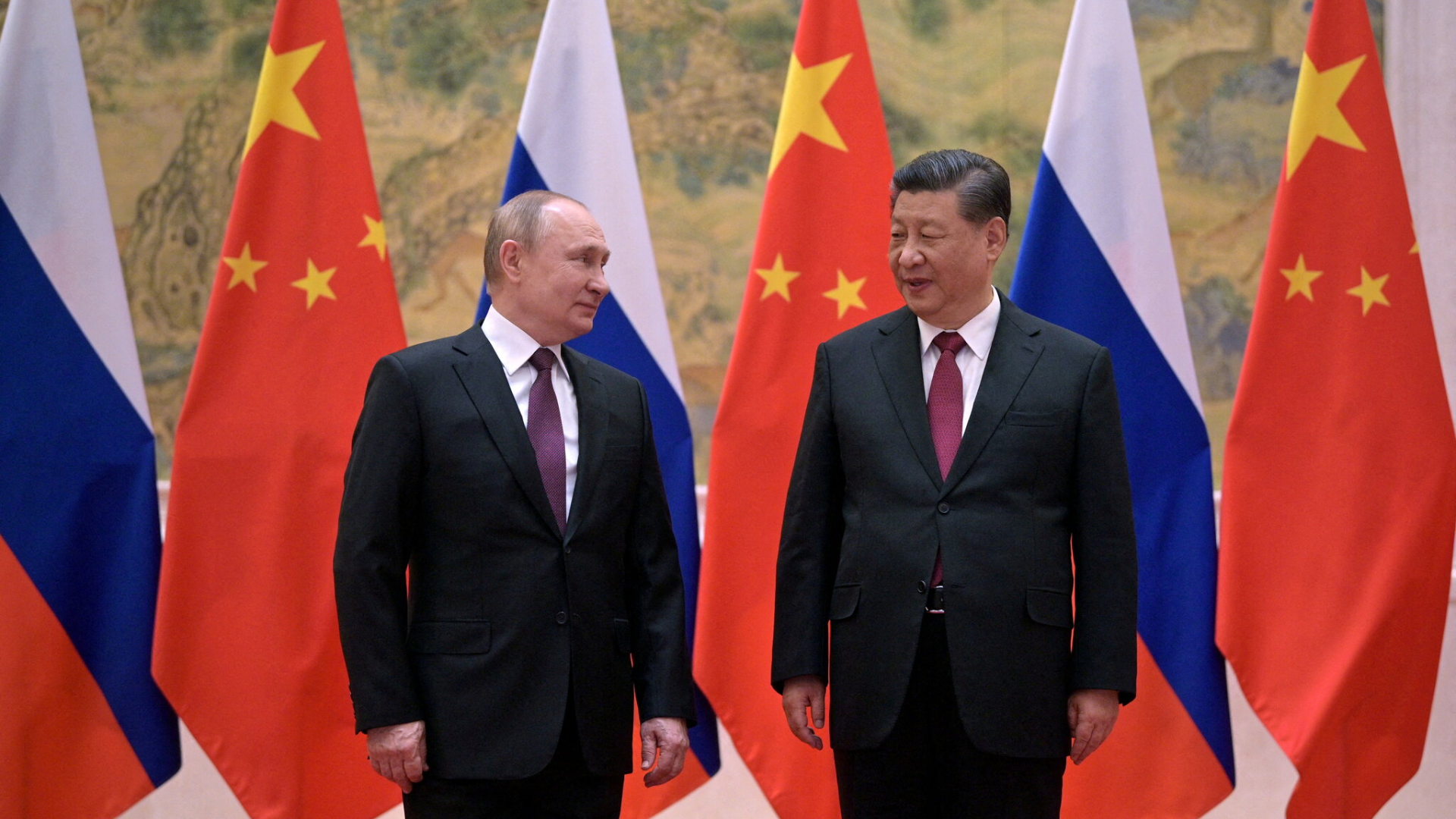



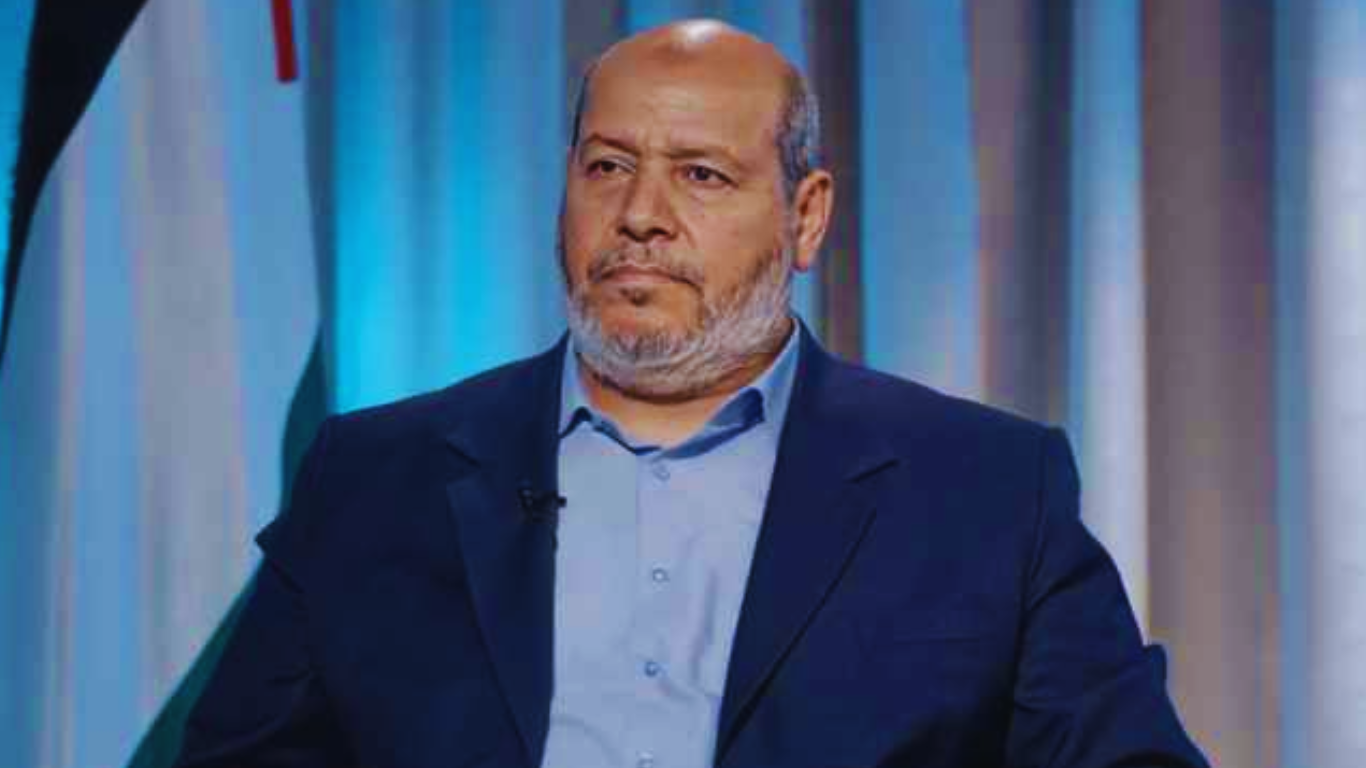

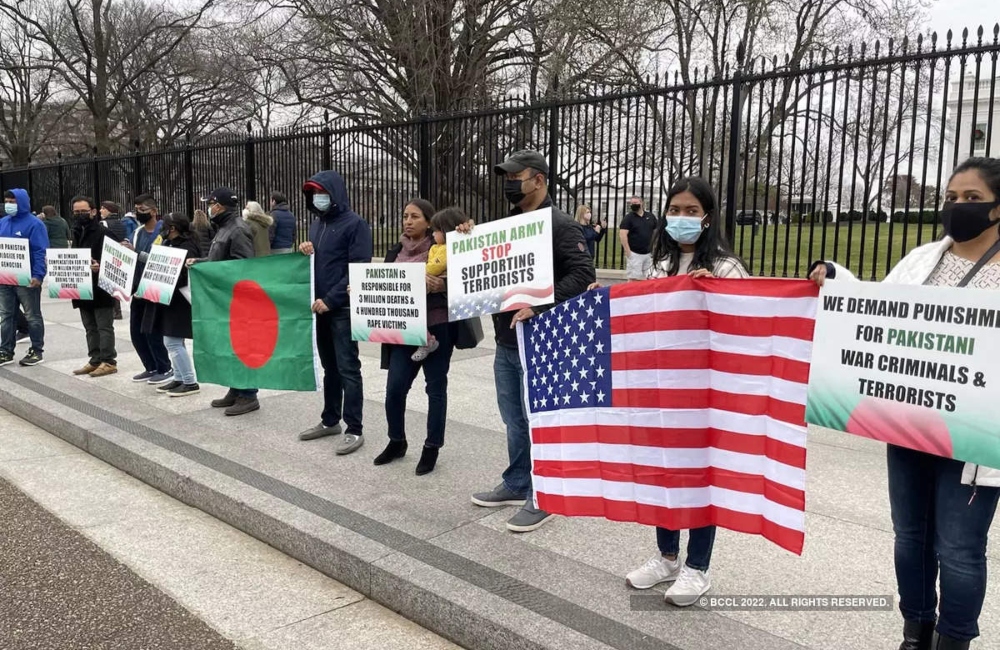
In the midst of escalating hate speech and discrimination globally, UN Secretary-General Antonio Guterres urged governments this week to take tangible actions to safeguard minorities and other people at risk of genocide.
Guterres made an appeal in his speech to commemorate Friday’s International Day of Commemoration and Dignity of Genocide Victims and Prevention of Genocide. He added “States have the primary responsibility for avoiding genocide but religious and community leaders, civil society, the commercial sector, and the media – including social media platforms – all play important roles.”
According to the Secretary-General, International Day of Remembrance is an occasion to commemorate and honour the victims and survivors of genocides across the world.
“Today is a day to reflect on our collective failure to prevent this crime in the past and to redouble preventative efforts for the present and future,” he added.
Despite this, he cautioned that “the possibility of genocide is present in many areas throughout the world” more than 70 years after the international community enacted a treaty on genocide prevention and punishment.
On the day of remembrance for genocide victims, Paulo Casaca, executive director of the Brussels-based South Asia Democratic Forum, said the 1971 Bangladesh genocide was a significant event following the 1951 adoption of the Convention on the Prevention and Punishment of the Crime of Genocide.
Casaca said that the 2022 International Day of Commemoration and Dignity of Genocide Victims and Prevention of Genocide is the appropriate time to launch a campaign seeking universal criminal responsibility for past crimes at both the national and international levels.
The genocide in Bangladesh will undoubtedly be a major topic on the agenda, but it should be discussed alongside other recent genocides and crimes, he noted.


